The PSC Library is open M-W from 8am - 8pm and Th-F 8am - 4:30pm. Librarians are available to answer questions virtually through email or the "Chat Now" button at the bottom of the page.

October brings with it some chilly weather and some fall programming that we are excited to share. All of these programs are free and open to all, and no registration is needed.
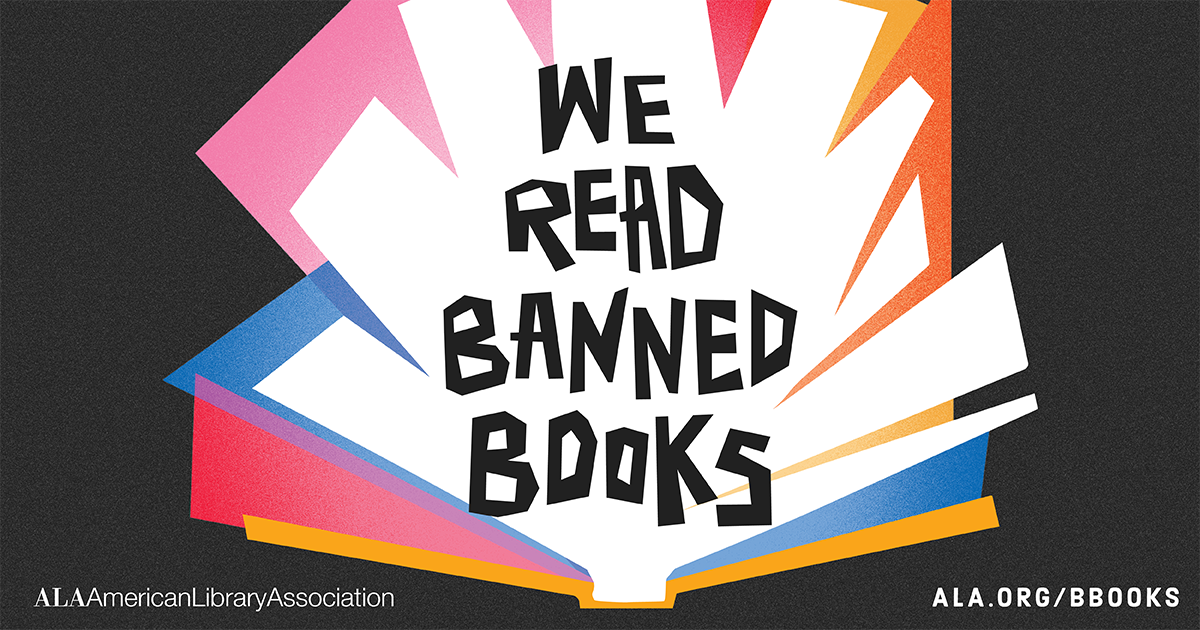
“This is a dangerous time for readers and the public servants who provide access to reading materials. Readers, particularly students, are losing access to critical information, and librarians and teachers are under attack for doing their jobs.”
- Deborah Caldwell-Stone, director of the ALA’s Office for Intellectual Freedom
Banned Books Week is an annual program put on by the American Library Association (ALA) and celebrates the right to read. This year it runs from October 1st - 7th. This celebration is running in spite of historical attempts to remove books from libraries across the United States. Book challenges happen when someone (usually a member of the public) requests that an item be removed from a library’s collection. Bannings happen when items are actually removed from the shelves.
As librarians we want you to read what you love, unapologetically. As such, we will have two book displays for the occasion. One will explain the need for Banned Books Week, and one will be full of banned books that you can check out yourself.

Creepy Crafts with the Library
Monday, October 30 · 12:00 – 1:00pm
Join us in the vestibule in front of the library to plant some succulents in the creepiest planters you’ve ever seen. Come and design the planter of your nightmares. Snacks will be served.
If you have some older, plastic dolls that you would like to donate to this program, we will gladly take them. Consider this a way to clean out some toys your kids have outgrown and recycle. Please email vmoore@prairiestate.edu to arrange a pickup.
Would you like to be a part of our October library book display? Email vmoore@prairiestate.edu and answer the question, “What book scares you?” Answer…if you dare!
By CJ Raich, Library Technical Assistant
You might have noticed that our nonfiction literature section (found in the P-PZZ section of the shelves) looks a little bit different since the spring semester. What did we do and why did we do it?
The PSC library is organized by the Library of Congress Classification (LCC) System. On the spine of our books are call numbers that start with letters instead of numbers like in the Dewey Decimal Classification System. Every beginning letter, which is called a Class, stands for a particular subject. This graphic shows a basic breakdown of each class:

Like any organizing system, LCC can be useful in some ways, but not in others. Under the LCC system, the language and literature section’s Class is P, and the call numbers go from P to PZZ. The first part of the P Class is just materials on language itself, and from then on is divided most typically into literature from different regions and time periods. This document from the Library of Congress breaks it down further if you’re curious.
The problem is, someone who is browsing might not care where the piece of literature is from, but instead is looking for a certain form of literature, like a play or poetry book. Searching that way is more difficult in the LCC system, especially when you may be pressed for time.
Since it would not be practical to completely disregard the LCC system, which most other academic libraries also use, we found a solution to this problem. We added labels to certain kinds of books in the nonfiction literature section. These include: Drama (including plays and monologues), Poetry, Biographies, Classics, Anthologies, Short Stories, and Speeches. These are what the labels look like:

If this seems familiar to you, it might be because we completed a very similar project last year when we added genre stickers to make our fiction books easier to browse. And indeed, you might see more of these stickers in other parts of the collection as time goes on - after all, materials like biographies can be in pretty much any section. Also, because we’ve done plenty of weeding of older, poor condition, and unused materials (for more information about weeding refer to Victoria Keller’s article in our February newsletter), the shelves might look less full until we acquire some new materials and shift books to fill in newly empty spots.
All of this is to say that we as librarians and library workers are constantly trying to make the library more accessible and usable for everyone. And remember, you can always ask our librarians for help if you need any assistance!
First Steps to Librarianship
by Grace Krause, Circulation Assistant
Working at the circ desk solidified a major career decision for me to pivot from museums to libraries. That means it’s back to grad school! Recently, I submitted an application to UIUC’s MS in Library and Information Science program, for which I’m impatiently awaiting a decision later this month. Since the next application cycle is already underway, I thought this was a good time to write about how someone becomes a librarian and my experience applying to library school.
To become a librarian in the US, you typically need a Master’s degree in library science, which is a two-year commitment on average. I learned while investigating grad school options that there are numerous specializations to choose from within each program, many more than I expected. Overwhelmed by choice, I still managed to narrow my interests a little bit to academic libraries and archives, informed by my past life as a historical archaeologist. You may be surprised to learn that archaeologists often spend more time researching in libraries and archives than digging in the dirt.
While putting together a list of library schools I considered location, cost, and flexibility above all other aspects. Budgeting time and money for grad school can be difficult, especially when funding is frequently scarce for Master’s programs. Location and cost are interconnected–public universities have significant tuition discounts for students who live in-state (a difference of $11,000 at UIUC). Since I wanted to keep working here at Prairie State, I looked at programs with online options, and settled on UIUC as my first choice. The ability to start in the upcoming spring semester instead of waiting until next fall was appealing since I am settled in my career decision.
Writing my application was daunting even though I’ve done this before! Luckily, grad schools are phasing out standardized testing across the board, so I was able to avoid taking the GRE again. For Master’s programs, applications usually require two or three letters of recommendation, a CV or résumé, an application fee, and…the dreaded personal statement. I prefer to draft the personal statement first, partly to rip off the bandaid of having to write about myself, but more importantly because it is essential to requesting letters of recommendation. Understanding my own experience and reasons for applying to library school through the statement also helped those writing my letters know what to focus on. All the rest seemed easy after that.
While this is not my first time applying to grad school, I was much better prepared for the journey. Much of what I wrote here comes from those previous experiences, as well as years of guiding undergraduates through the application process. The advice I always gave to my students is that timing is everything for grad school applications, but despite my best efforts I still submitted mine only three days early. Oops!
It is spooky season outside and in the library. This means spooky events, and also spooky books. Please stop inside the library to check out our display, and the ebooks are featured below.
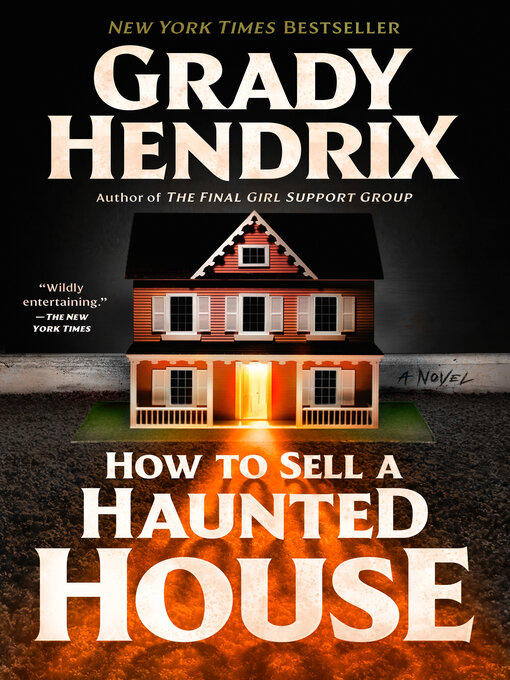 How to Sell a Haunted HouseGrady Hendrix |
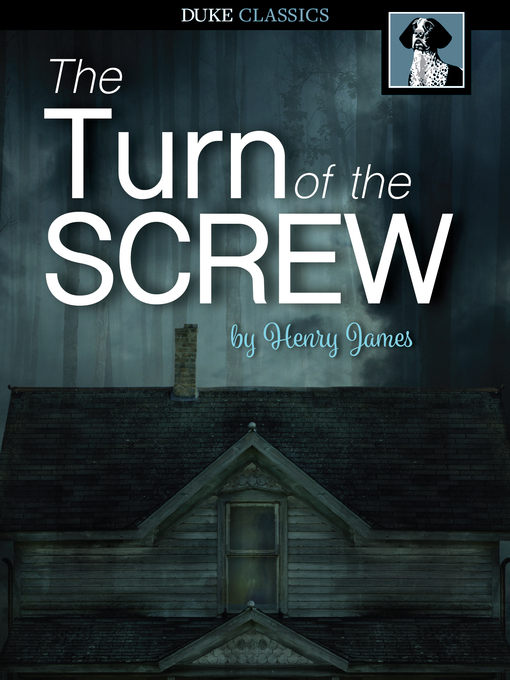 The Turn of the ScrewHenry James |
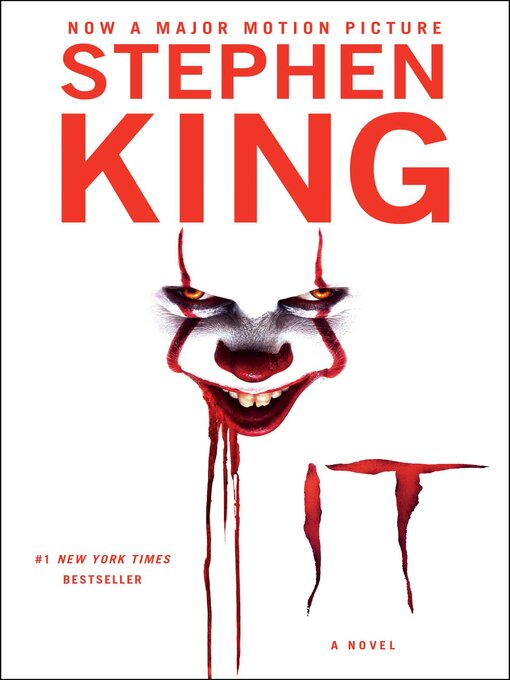 ItStephen King |
 The ShiningStephen King |
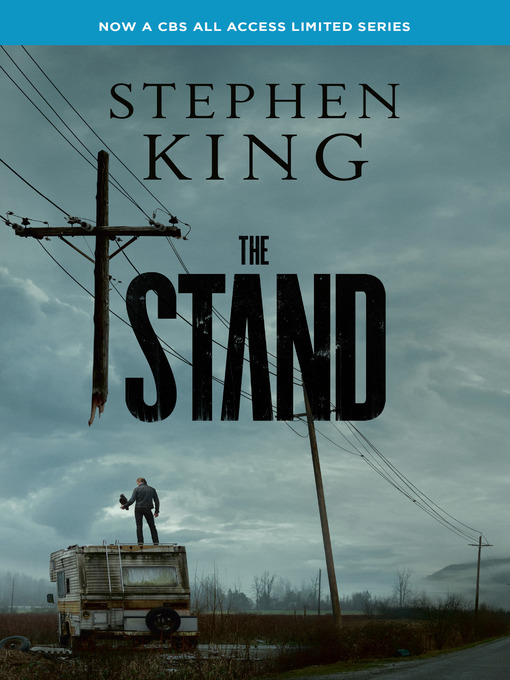 The StandStephen King |
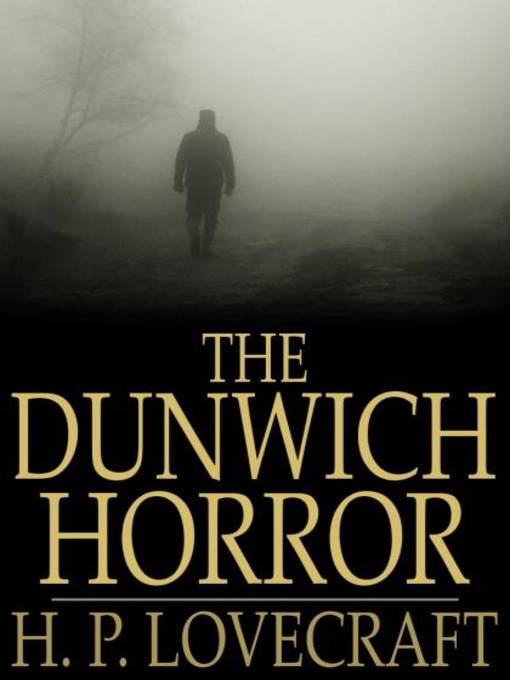 The Dunwich HorrorH. P. Lovecraft |
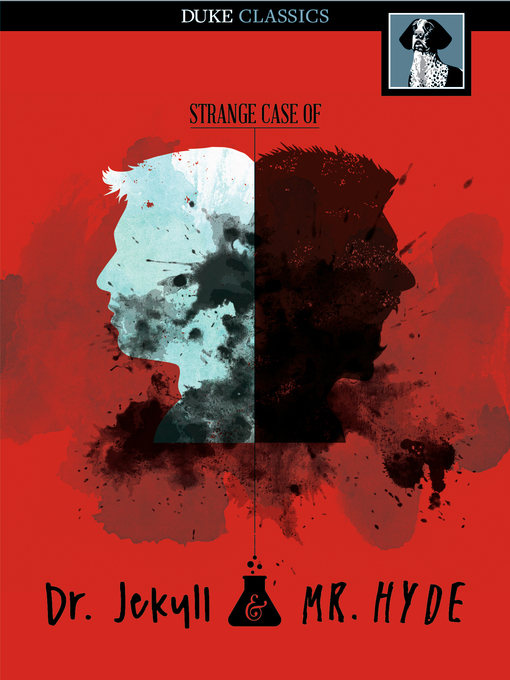 The Strange Case of Dr. Jekyll and Mr. HydeRobert Louis Stevenson |
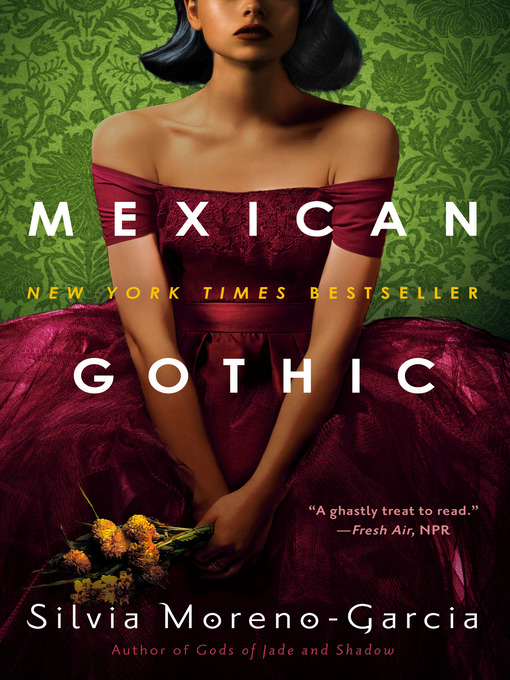 Mexican GothicSilvia Moreno García |
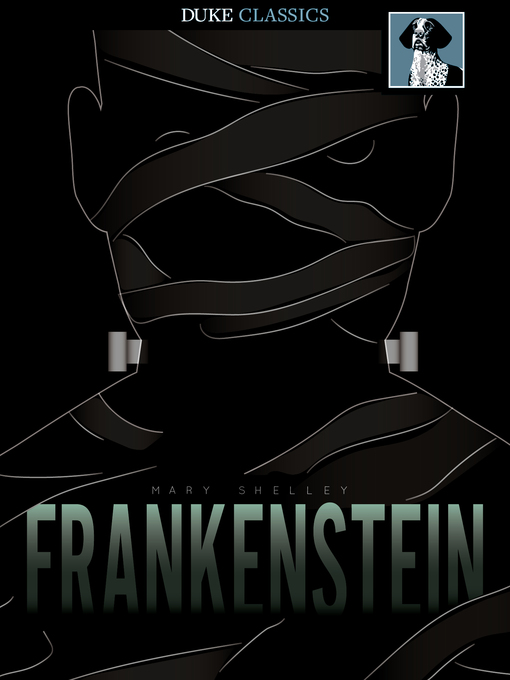 Frankenstein or the Modern PrometheusMary Shelley |
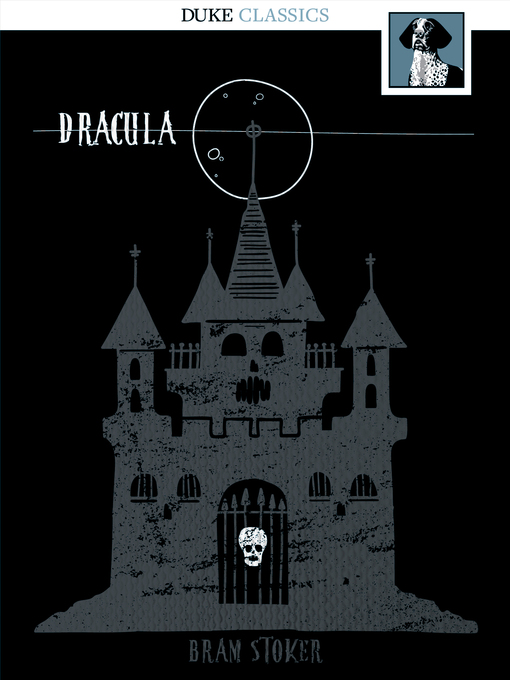 DraculaBram Stoker |
Lastly, the library is here for you; reach out with any questions at Ask a Librarian!